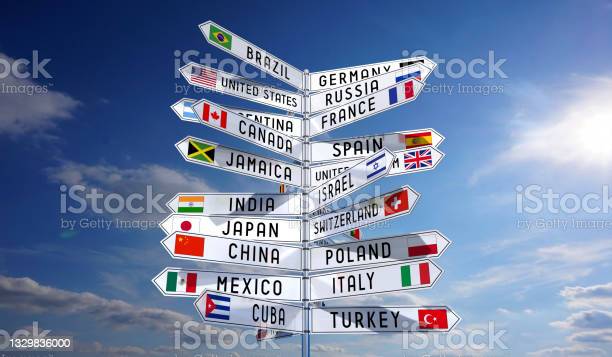“Sir! What do you understand about Islamic banking based on your experiences? Do you think it is possible or not?” In 2004, I requested this question from my teacher, Habibullah Wasir, seeking his insights. He said, “Based on my experiences, the understanding of Islamic banking has been a journey filled with various perspectives and observations”. He emphasized the practical aspect by questioning why someone would provide a loan for free when they can earn interest by lending it to others. He believed that the establishment of true Islamic banking would require a collective agreement on this point.
Continuing my quest for answers, I engaged in conversations with managers of different Islamic banks. The manager of MCB (Muslim Commercial Bank) shared that while conventional banks charge ten per cent interest, Islamic banks charge fifteen per cent. This discrepancy led me to question the integrity of the name “Islamic” in banking, as it seemed to have lost its true essence. Another encounter with the manager of Meezan Bank revealed a similar sentiment, stating that although the name carries Islamic connotations, the practices did not align with ethical standards.
A significant encounter took during a detailed conversation with the manager of Habib Bank at Punjab University. Despite his Western attire, his demeanour reflected a sense of submissiveness rooted in Islamic values. He explained that usury was prevalent everywhere, and there was no real Islamic bank to find. When I urged him to raise his voice against it, he expressed his constraints as a low-ranking employee, unable to challenge existing policies that prioritize profit over principles.
Further discussions with professors from various educational institutions provided little room for debate or discussion. Despite their extensive qualifications and apparent adherence to Islamic principles, they disregarded any counterarguments after the thorough research conducted by Mufti Taqi Usmani Sahab. It left little space for alternative viewpoints.
A distressing experience occurred during a seminar at the Islamic Center of Punjab University. I asked the chairman why Islamic banks use “Islamic banking” when they seemingly earn higher profits than conventional banks. The chairman responded sarcastically, drawing an analogy to the increasing divorce rates and the incorrect conclusion that marriage itself should be deemed wrong. “If divorces are increasing these days, it doesn’t mean we should declare marriage as wrong”. His statement emphasizes that a rise in divorce rates should not be interpreted as an inherent flaw in the institution of marriage itself. To this day, I am uncertain of the relevance of their response to my question.
In Mufti Mahmood’s book, ‘Sood ki Mutabadil Asas’ (Alternative Basis for Interest), he had provided an answer to my question. However, there is a conspiracy theory suggesting that his targeting occurred after the publication of this book. It is believed that Zia-ul-Haq, upon understanding the principles outlined in this book, was to lay the foundation of Islamic banking in Pakistan, resulting in the removal of both Mufti Mahmood and Zia-ul-Haq from the scene. Only Allah knows the truth behind such claims.
Through these experiences, one thing has become evident to me. As the generation studying in colleges and universities, we are granted the freedom to utilize our intellects, fostering critical thinking and analytical approaches within us.
Read more: Interest-Free Economy: Building a Just Society
It is crucial to clarify that none of these experiences imply opposition to the Islamic scholars (Ulamas) of Islam. The door for discussion remains open, aiming to reach a substantial solution. It is imperative for us to benefit from interest-free banking and recognize that interest stands as a war against Allah and His Prophet, necessitating an end to this confrontation.









